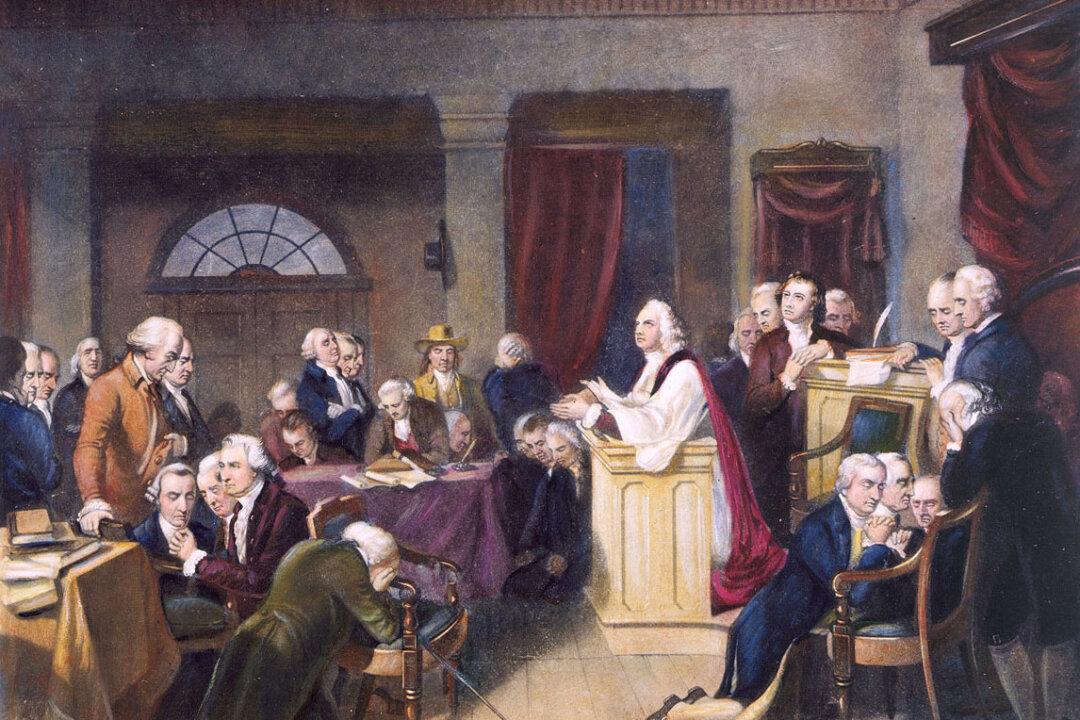Leonydus Johnson book’s “Raising Victims: The Pernicious Rise of Critical Race Theory” is a good salve for treating the cuts and scrapes on a national psyche bleeding from ideologies that seek to divide and separate.
In his thoughtful and well-researched book Johnson quietly disassembles the shaky foundation of Critical Race Theory (CRT) with calculated logic, critical thinking, and commonsense. He exposes CRT and its ideological cousin diversity, equity, and inclusivity as ideological emperors with no clothes.






